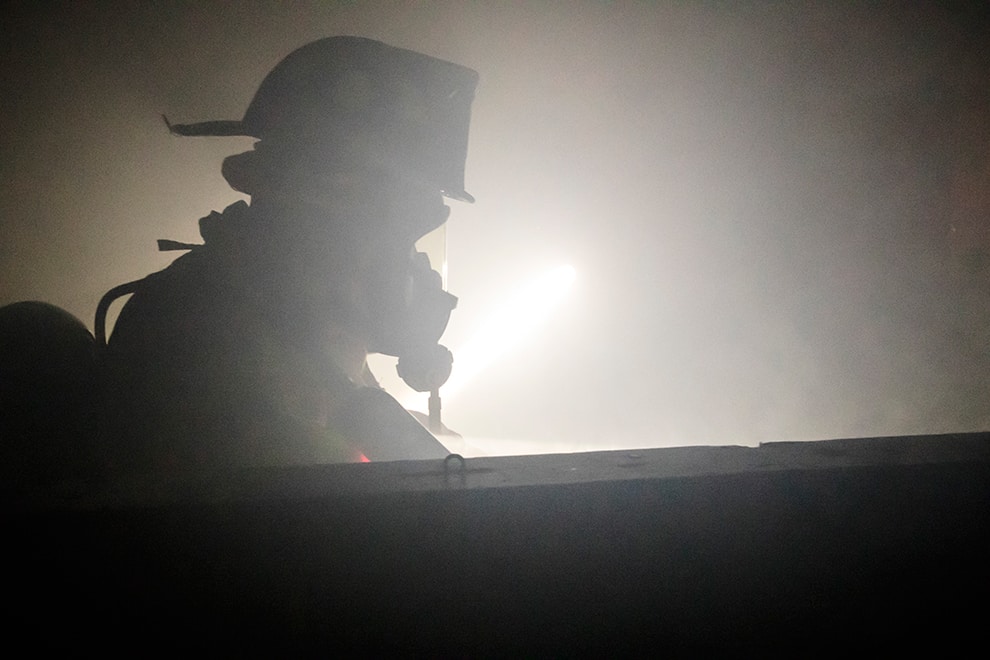January 20, 2020
In June 2018, fashion designer Kate Spade and celebrity chef Anthony Bourdain took their lives within three days of each other, sparking a sobering conversation on social media and in news around the world regarding suicide rates and mental health.
During the same week of Spade and Bourdain’s deaths, the Centers for Disease Control and Prevention (CDC) reported that approximately 45,000 people in the United States committed suicide in 2016.
Fire fighters are at increased risk of developing depression, anxiety and post-traumatic stress disorder (PTSD), possibly due to daily experiences in crisis situations and exposure to trauma. Fire fighters are also at a higher risk of self-medicating their symptoms with alcohol or drugs to alleviate emotional and psychological distress.
While more research is needed in the area, the Substance Abuse and Mental Health Administration (SAMHSA) reports that fire fighters may be more likely than the general public to struggle with suicidal attempts and ideation. Advocates continue their efforts to increase awareness about the importance of addressing behavioral health.
Unlike physical conditions, mental health issues can be more difficult to identify, as symptoms are not usually overt or visible. When a fire fighter is struggling with signs and symptoms of mental illness, it can be easily missed if loved ones are not fully aware of what to look for.

Many factors, including substance use and mental health conditions, can increase a person’s risk to attempt suicide. While risk factors increase the statistical chance someone will attempt suicide, warning signs are clear and observable behaviors that indicate a suicide attempt may be imminent. Knowing the warning signs of suicide can help save a life. Some warning signs include:
If someone you know is showing any of these signs, get help immediately:
Nobody should have to struggle with suicidal thoughts alone. If you are not currently suicidal, but know you need help or are coping with a substance use or mental health disorder, consider treatment today. Call the IAFF Center of Excellence for Behavioral Health Treatment and Recovery to speak with a representative about treatment options. Your call is free, confidential and there is no obligation.
Sources:
Centers for Disease Control and Prevention. “Suicide rates rising across the U.S.” June 7, 2018. Accessed, October 24 2019.
Substance Abuse and Mental Health Administration. “Disaster Technical Assistance Center Supplemental Research Bulletin First Responders: Behavioral Health Concerns, Emergency Response, and Trauma.” May 2018. Accessed December 27, 2019.
Medical Disclaimer: The IAFF Center of Excellence aims to improve the quality of life for people struggling with a substance use or mental health disorder with fact-based content about the nature of behavioral health conditions, treatment options and their related outcomes. We publish material that is researched, cited, edited and reviewed by licensed medical professionals. The information we provide is not intended to be a substitute for professional medical advice, diagnosis or treatment. It should not be used in place of the advice of your physician or other qualified healthcare provider.